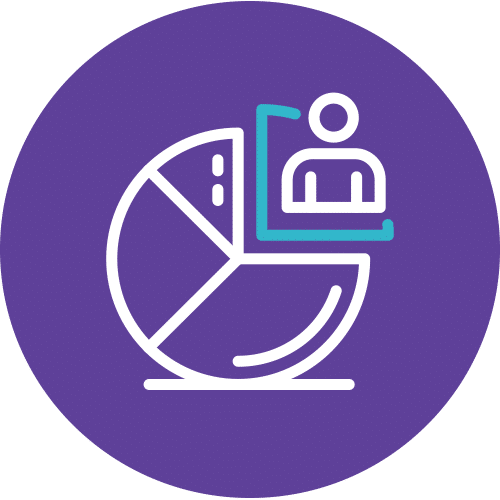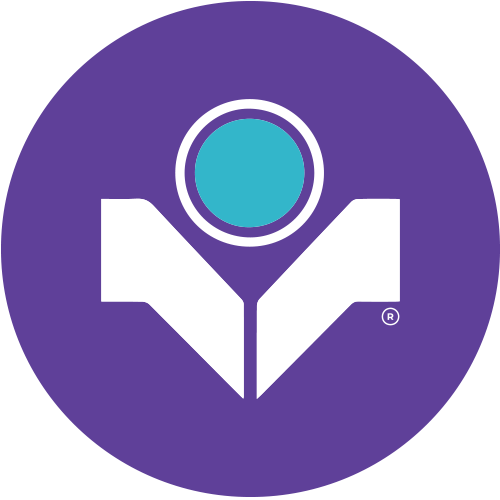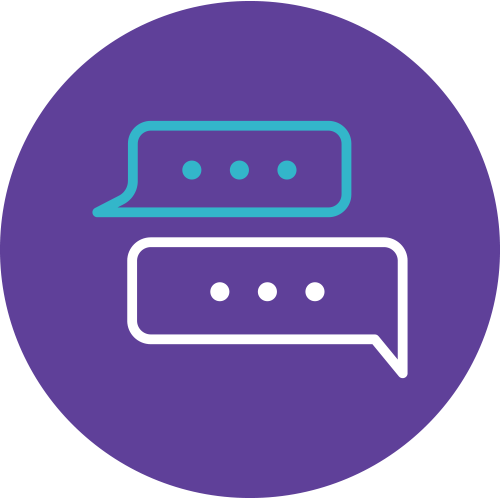Unlocking Success with Agile Coaching
Are you ready to embark on a transformative journey into the world of Agile Coaching? Look no further! Our immersive 3-day instructor-led course, Agile Coaching Workshop, is designed for current and aspiring Agile Coaches, Product Owners, Program Managers, Agile Consultants, and anyone eager to harness the power of Agile Coaching to build hyper-productive teams.
What You'll Learn
In this course, you’ll dive deep into the Agile Coaching mindset, roles, and responsibilities. You’ll acquire essential skills in mentoring, facilitating, consulting, teaching, and coaching, allowing you to foster seamless collaboration, resolve conflicts, and nurture high-performance Agile teams. Our interactive approach blends theory and hands-on exercises, ensuring you excel in Agile Coaching, whether you’re guiding role transitions, instilling Agile principles, or tackling organizational impediments.
Your Agile Journey Starts Here
Join us to unlock the potential of Agile Coaching and emerge as a skilled Agile Coach, equipped to drive the ascendancy of high-performance Agile teams. The course covers everything from Agile self-diagnosis and team building to conflict management and creating a safe environment for change. Get ready to transform yourself and your teams with Agile Coaching expertise!
Discover more about Agile Coaching and enroll in our course today to stay ahead in the fast-paced corporate world.
Course Details
Course Code: ICP-ATF; Duration: 2 days; Instructor-led
Learn to be an effective facilitator to enhance agility within teams and organizations. Agile Team Facilitation (ATF) training helps quickly learn how to become a more effective Agile facilitator with Agilemania. Our coaches use a mix of discussions, simulations, games, and case studies. The Agile Team Facilitation course is the first step towards achieving the coveted expert level in ICAgile Agile Coaching track (ICP-ATF certification). The training gives skills to design and conduct collaborative meetings while leading teams toward greater maturity levels, more effective outcomes, and self-management.
The ICP-ATF is one of two knowledge-based certifications on the Agile Coaching Track. It focuses primarily on an agile team facilitator’s mindset and role while also providing group facilitation tools and techniques for effectively designing meetings and workshops that both engage the entire audience and drive towards agreed-upon outcomes. Through obtaining this certification, course participants will develop an appreciation for the art of facilitation as key to fostering collaboration and enabling self-organizing teams. Besides, participants will build their facilitator toolkits and gain experience facilitating specific agile practices most relevant to their organizational context.
Certifications
This training is certified by International Consortium for Agile (ICAgile), a certification and accreditation body. Upon completing the course and submission and approval of your course assignment, you will receive (knowledge) certification in ICP- Agile Team Facilitation (ICP-ATF).
Audience
Agile team leaders or aspiring team leaders with a passion for servant leadership and a desire to learn and practice the art of facilitation. Relevant roles include Scrum Masters, Agile Project Managers, Agile Coaches, aspiring Coaches, Product Owners, Business Analysts, and anyone with the desire to explore the power of facilitation.
Prerequisites
no-prerequisites
Methodology
This program will be conducted with interactive lectures, PowerPoint presentation, discussion and practical exercise.
Course Objectives
- The role of an agile team facilitator in business agility
- Facilitating meetings and workshops for collaboration
- Meeting/workshop structure for a greater experience
- The mindset and role of the agile team facilitator
- Agile coaching journey starting from facilitation
- Agile team facilitator techniques
- Leading collaborative discussions
- Health checks of agile teams
Outlines
Module 1: Development Path for Agile Coaching
Effective Agile Coaching requires that people take their development one step at a time, obtaining competence at each step before moving on.
Agile Coaches at all developmental levels respect the boundaries of their abilities and call for assistance when needed.
Module 2: The Agile Team Facilitation Mindset
Effective meetings have a clear purpose and outcomes. These are best defined by the person with the most at stake from the outcome.
Facilitators use the desired outcomes to design the meeting flow, a series of activities that help the group achieve their desired outcomes.
Module 3: Conducting a Facilitated Session
Neutrality is the facilitator’s ability to focus on the group process and suspend judgments on the meeting’s content. Collaborative spaces create connections, foster trust, allow for silence, and welcome differing points of view. Great ideas come when all team members are involved, engaged, and all ideas are freely shared. Facilitated meetings are well structured and organized to provide consistency to the participants. It’sIt’s common for conversations to be mediocre – improving conversation quality leads to better understanding, fuller collaboration, and remarkable results. Being able to come to decisions is a critical function for a team, frequently problematic, and essential for moving teams to action.
Module 4: Facilitating Collaborative Meetings
The connection between an Agile ceremony’s purpose and the underlying principles/values it expresses must be made explicit so that Agile ceremonies do not become empty rituals.
Retrospectives are one of the essential practices to ensure the team inspects and adapts its behavior and process. Retrospectives can either help the team continuously improve or can create team dysfunctions.
Stand-ups are the heartbeat of the team’s cadence, providing cohesion and commitment. Stand-ups can either launch the team into their work or become an empty, depleting ritual.
Module 5: Skillfully Facilitating the Agile Practices
The ability to neutrally facilitate a session cannot be gained by reading or lectures alone, but only by doing it. It’s essential to change one’s facilitation style based on the group’s maturity and needs.










